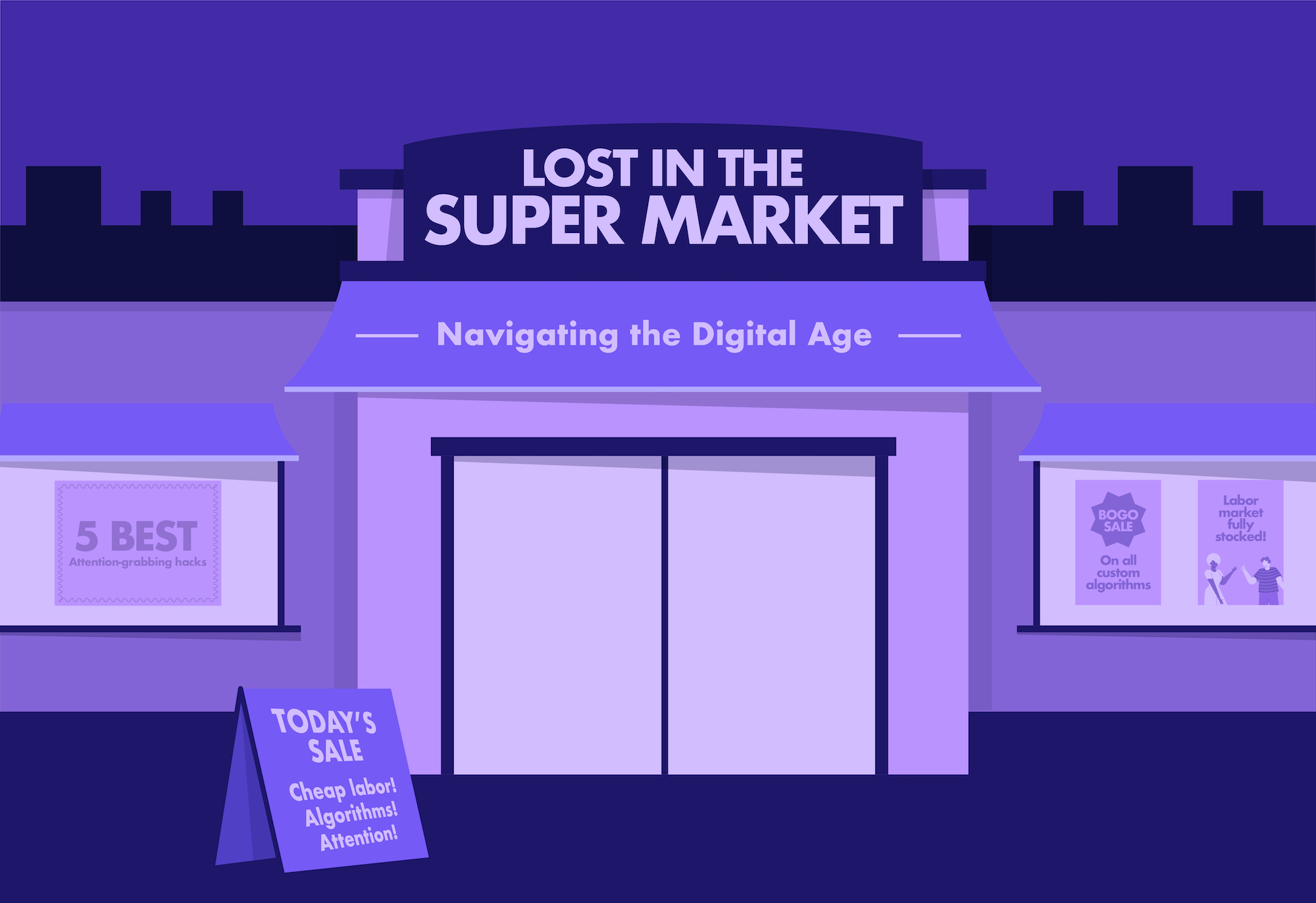
RECOMMENDED READING
“In the real world outside economic theory, every business is successful exactly to the extent that it does something others cannot. Monopoly is therefore not a pathology or an exception. Monopoly is the condition of every successful business.” —Peter Thiel
“Meet the new boss, same as the old.” —Roger Daltrey
The problems and challenges posed by what is often referred to as “Big Tech” should primarily be understood as novel instantiations of age-old issues. Power, whether political, cultural, or economic, tends to concentrate over time unless that concentration is disrupted by an outside force that favors or forces dispersion.
This is readily apparent across nearly every segment of the American economy today. Every major industry and thus every labor market is dominated by what are effectively cartels: chemicals, airlines, steel, automobiles, health care, and so forth. This creates all kinds of undesirable byproducts, but nowhere is the effect more pronounced and the outcomes more anti-social than those created by Big Tech—especially the FAANG companies. These are Facebook, Amazon, Apple, Netflix, and Google. I’d also include Twitter for our purposes because of the outsized role it plays as a platform for public discourse. It’s noteworthy that Microsoft is not included: it may be larger than Facebook, but is clearly less powerful.
That fact is critical to understanding the nature of the problem America faces. Part of the problem is bigness itself, but the more significant issue is the power that the large tech companies exert by controlling access to critical technology, infrastructure, customers, or people. The network effects that make these companies powerful also create a natural defense against competition. That’s a fantastic business proposition, but it can be bad for the country. And that’s where we find ourselves today. The power wielded by these companies undermines what Oren Cass describes as “the basic assumptions on which our market, our democracy, and our society have relied.”
The solutions to the problems created by the digital revolution are perhaps not simple, but they are less complex than they may seem once we understand the problems clearly. While the Sherman Anti-Trust Act, which already prohibits anti-competitive behavior, should be applied—and updated if necessary—to Big Tech companies, that is only a partial solution. The bigger issue is that these companies abuse the essential political rights of all Americans by regulating political speech. This is where both our thinking and the law need upgrades. The scale of these companies and the essential role they play as platforms for political speech mean that they must be regulated in order to protect and promote that speech. Arguments that Facebook and Google are analogous to small, local bakeries because they are both non-state-owned companies are facile, untrue, and disingenuous. They don’t have anything like the same amount of power and they don’t play the same role in the lives of their customers or the country.
As Cass notes, the digital revolution, like previous technological revolutions, “portend(s) extraordinary progress and can improve life in countless ways.” But many of the “ubiquitous connectivity” revolution’s changes have done just the opposite. The scale and unique power acquired by the Big Tech companies through a combination of new technology and network effects create a one-sided relationship that is ripe for abuse. And, in fact, people are being abused in ways both subtle and apparent.
Tracking and profiling customers in order to manipulate their behavior is dystopian and inhumane. In some cases, it takes the form of advertising that won’t leave you alone or seems to know too much. Have you ever mentioned a particular product in the same room as your phone only to have Facebook and Instagram (a Facebook subsidiary) start showing you ads for that product? What’s even worse is how the platforms are designed to manipulate psychological triggers that keep people on the platform for long periods of time. This is highly intentional and is described well in Shoshanna Zuboff’s The Age of Surveillance Capitalism. The irony of social media, for example, is that it is at least as good at facilitating isolation, atomization, and loneliness as it is at encouraging sociability.
Political power can and should be used to protect people from such depredations. The digital revolution is mostly over, and the monopolies stopped pushing the boundaries of what’s possible in technology a long time ago. All of the FAANG companies were founded in the 20th, not the 21st, century—with the exception of Facebook, which is still nearly 20 years old. These firms, birthed during the Golden Era of the digital revolution, have now become parasitic and extractive rather than dynamic and innovative.
They no longer deserve the latitude rightly given to dynamic pioneers pushing forward to new and unknown frontiers. Rather, they need to be restrained from abusive, rent-seeking behaviors that undermine national prosperity and restrain the political speech that is essential to self-government.
Recommended Reading
An Early Conservative Victory in the War on Big Tech
American Compass research director Wells King discusses a promising conservative bill to rein in Big Tech’s monopoly power.
Curtailing Big Tech Requires Much More Than Breaking It Up
American Compass executive director Oren Cass makes the case for disaggregating the Big Tech debate and giving greater focus to the digital age’s novel challenges.
Foreword: Governing After a Revolution
The biggest tech challenges for policymakers go far beyond “Big Tech.”











